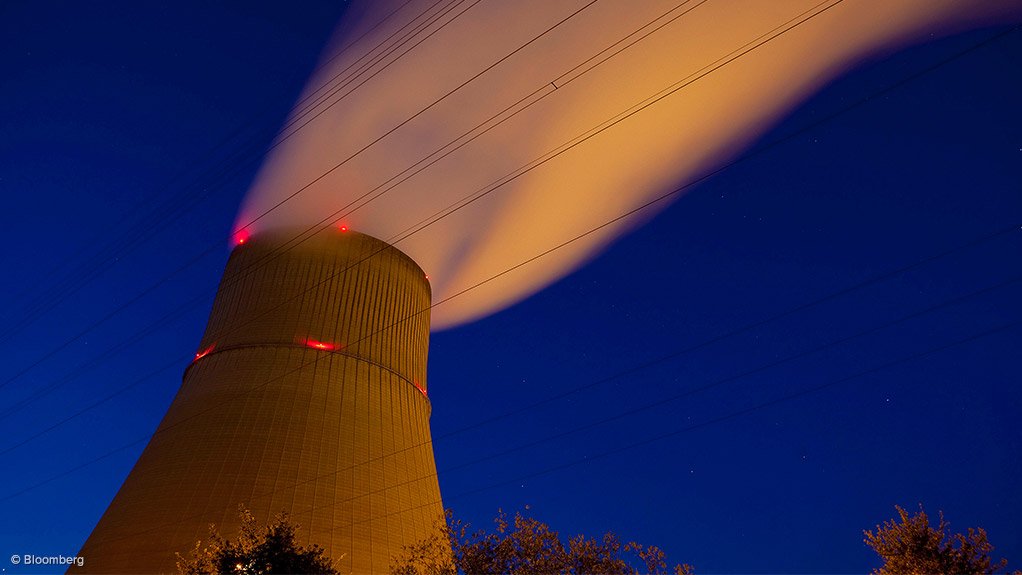Nuclear power plant (NPP) projects are, everywhere, politically important, complex and long-term programmes, World Nuclear University (WNU) lecturer Milt Caplan pointed out at the WNU one-day course at the University of Pretoria on Monday. "Nuclear decisions are always highly political," he highlighted. "Decisions are made at the top, by Presidents and Cabinets."
There are certain criteria that have to be met to ensure a successful NPP programme. These are: a well-designed, economic plant; a stable regulatory regime; risk sharing amongst all project stakeholders; a strong project team and extensive project planning.
"We're working towards confidence [by meeting these criteria]," he explained. "We need that confidence. You have to feel that the project is doable. You have to have confidence."
"Often, the focus is too much on the design and technical issues," he noted. "This is a mature industry. Essentially all the commercially available designs can provide the desired performance."
The major stakeholders involved in an NPP project are the government, the market (that is, the customers for the electricity to be generated), the utility (that will run the NPP), the vendor (selling the NPP), the regulator ("a very important role") and the investors/lenders. Regarding the vendors, key questions to ask include: can they put their best team on your project or are they already heavily committed elsewhere? And, how good is their English?
"Really, projects are about managing risk," he affirmed. "You have to try and identify risks ahead of time. These projects are large and complex. Project risks are related to the relatively long project schedules and high capital costs of nuclear plants."
There are two main means of managing NPP project risks. One is to build a standardised plant. The other is to have strong project management. "These are not small projects to coordinate. They are very, very large."
Of course, risk is not restricted to nuclear projects. "Doing nothing is not risk free," he pointed out. "Alternatives [whether fossil fuel or renewable] are not risk-free."
EMAIL THIS ARTICLE SAVE THIS ARTICLE
To subscribe email subscriptions@creamermedia.co.za or click here
To advertise email advertising@creamermedia.co.za or click here











